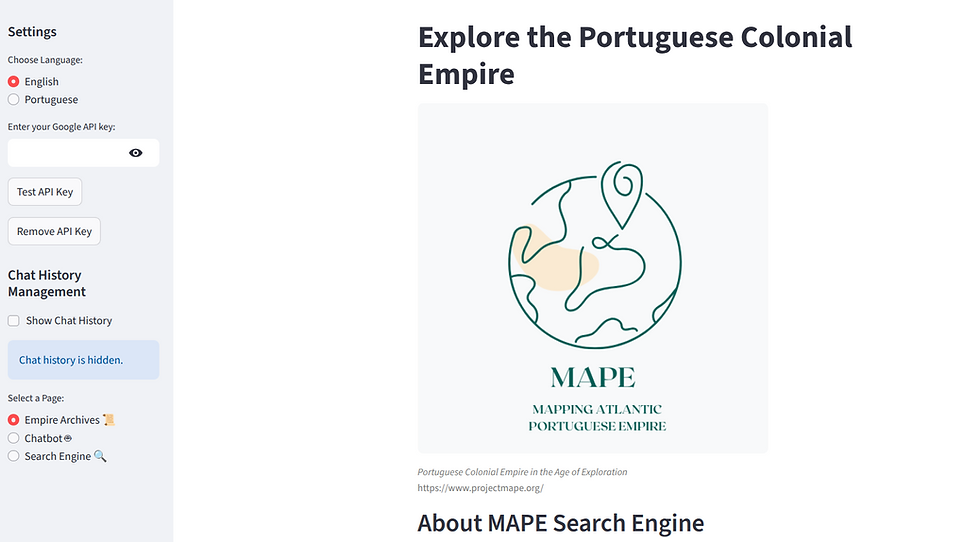Workshop Recap: Exploring Social Networks, Big Data, and Interethnic Relations
- Agata Bloch
- 14 mar 2024
- 2 minut(y) czytania

Our workshop in Rio de Janeiro was a vibrant gathering of scholars, researchers, and practitioners dedicated to exploring the dynamics of social networks, big data, and interethnic relations within global empires. Over the course of three days, attendees engaged in a series of presentations, panels, and discussions, delving into the intersection of digital humanities and historical research.
Day 1:
The workshop commenced with discussion around "Projeto Resgate" in National Library of Brazil: Oficina científica: Redes de sociabilidade interétnicas em impérios globais. (youtube.com). Then we discussed various digital projects and attendees were treated to demonstrations showcasing the application of digital tools, such as social network analysis and natural language processing, in extracting valuable insights from historical archives. Speakers provided valuable insights into the democratization of information and the preservation of cultural heritage in the digital age. Discussions revolved around the challenges and opportunities presented by vast historical corpora, with a particular focus on subaltern agency and resistance within colonial contexts.
Day 2:
The second day of the workshop continued with a series of panels exploring the integration of technology in institutional modernization and the preservation of digital archives. Presenters shared their experiences in managing primary sources and leveraging digital platforms to promote historical research and public engagement.
Attendees had the opportunity to engage in discussions on the representation of marginalized voices in historical archives and the challenges of navigating complex colonial legacies.
Day 3
The third day of the workshop focused on amplifying marginalized voices in historical archives. Panels delved into narratives of subaltern agency, exploring topics such as transatlantic mobility, the role of women in the Portuguese Empire, and strategies of resistance among enslaved populations.
Attendees were treated to presentations showcasing innovative projects aimed at preserving the cultural heritage of marginalized communities, such as the Digital Memorial of Slavery Victims in the Brazilian Backlands.
The workshop concluded with a thought-provoking keynote address by Professor José Fernando Bessa Ribeiro on the documentation of indigenous languages in Brazilian archives, highlighting the importance of preserving linguistic diversity in historical research.
Closing Thoughts:
Our workshop in Rio de Janeiro was a testament to the power of interdisciplinary collaboration and dialogue in advancing our understanding of historical narratives. Through innovative approaches and digital tools, we are uncovering new perspectives on the complexities of global empires and interethnic relations.
As we reflect on the insights shared and connections forged during the workshop, we look forward to continued collaboration and exploration in the field of digital humanities and historical research. Together, we are reshaping the narrative of history and amplifying the voices of marginalized communities in our collective past.



Komentarze